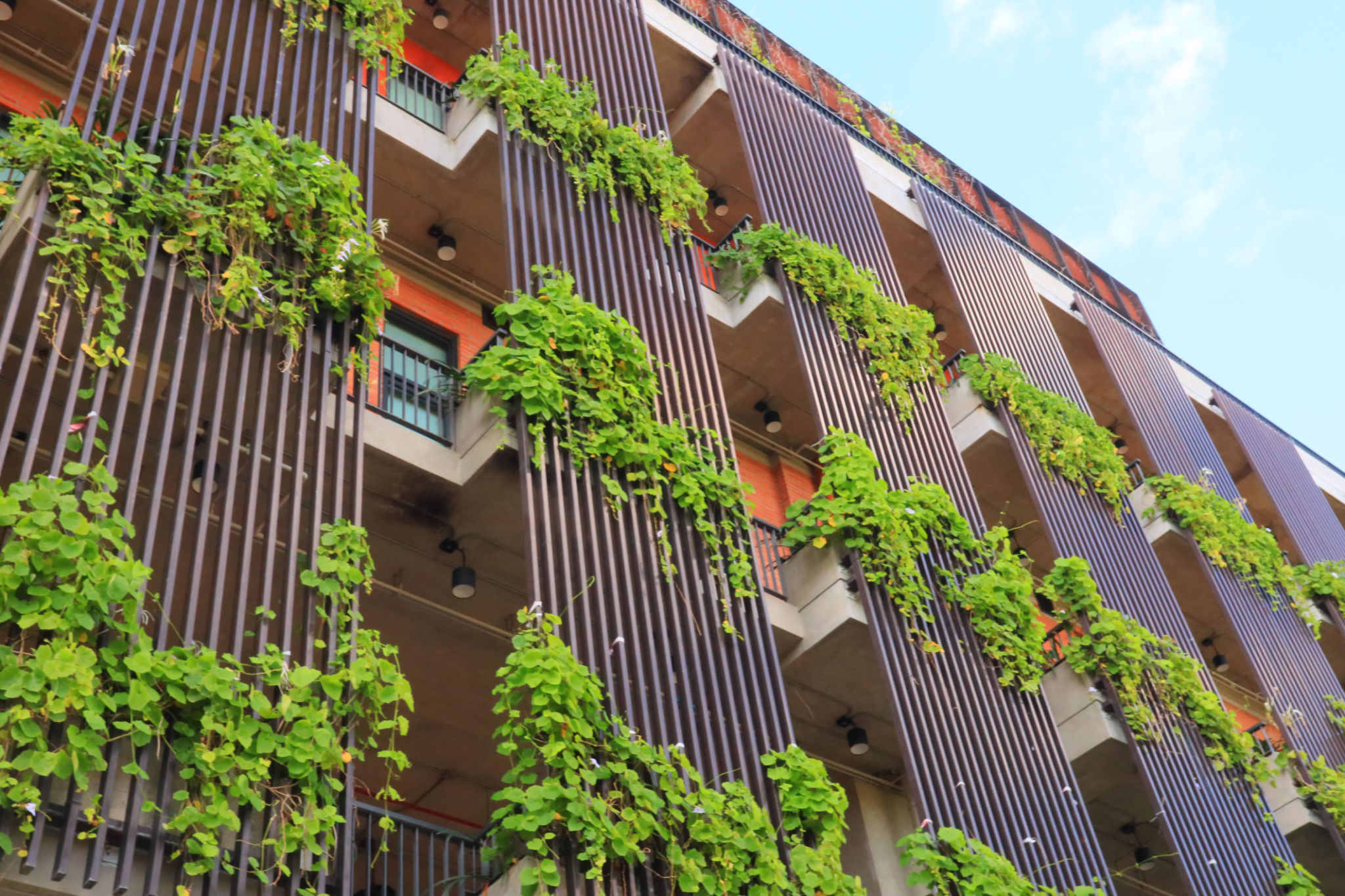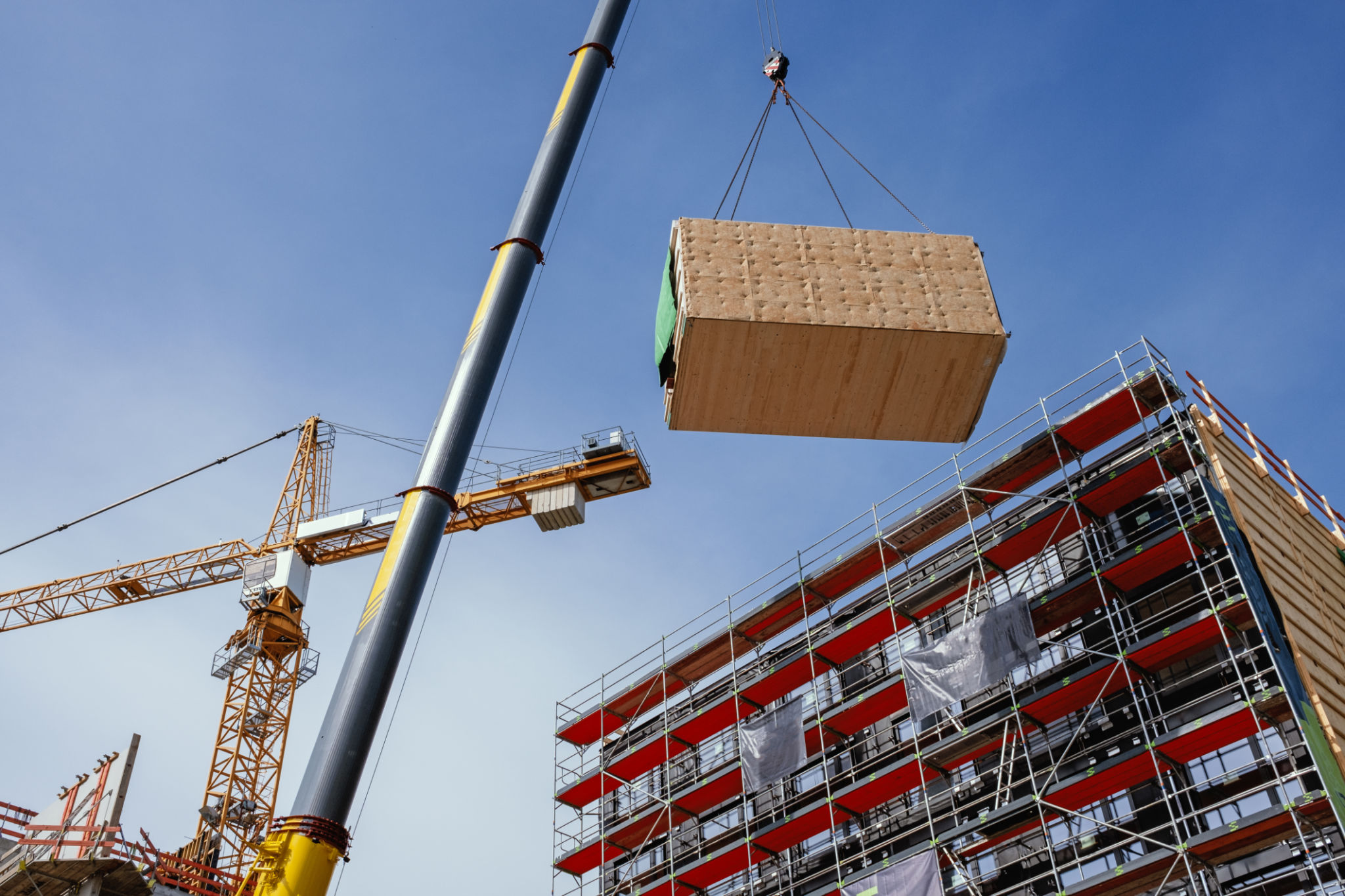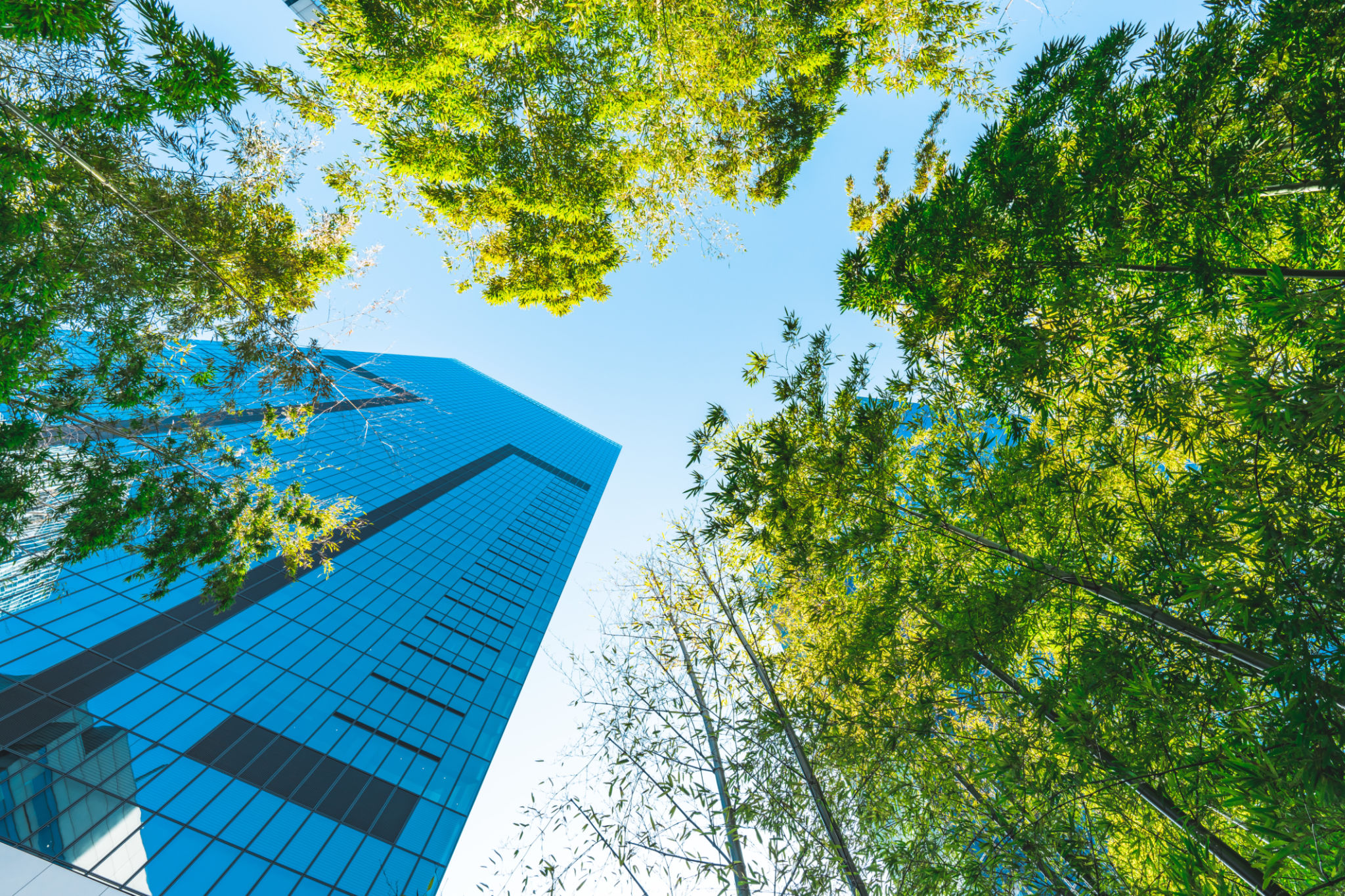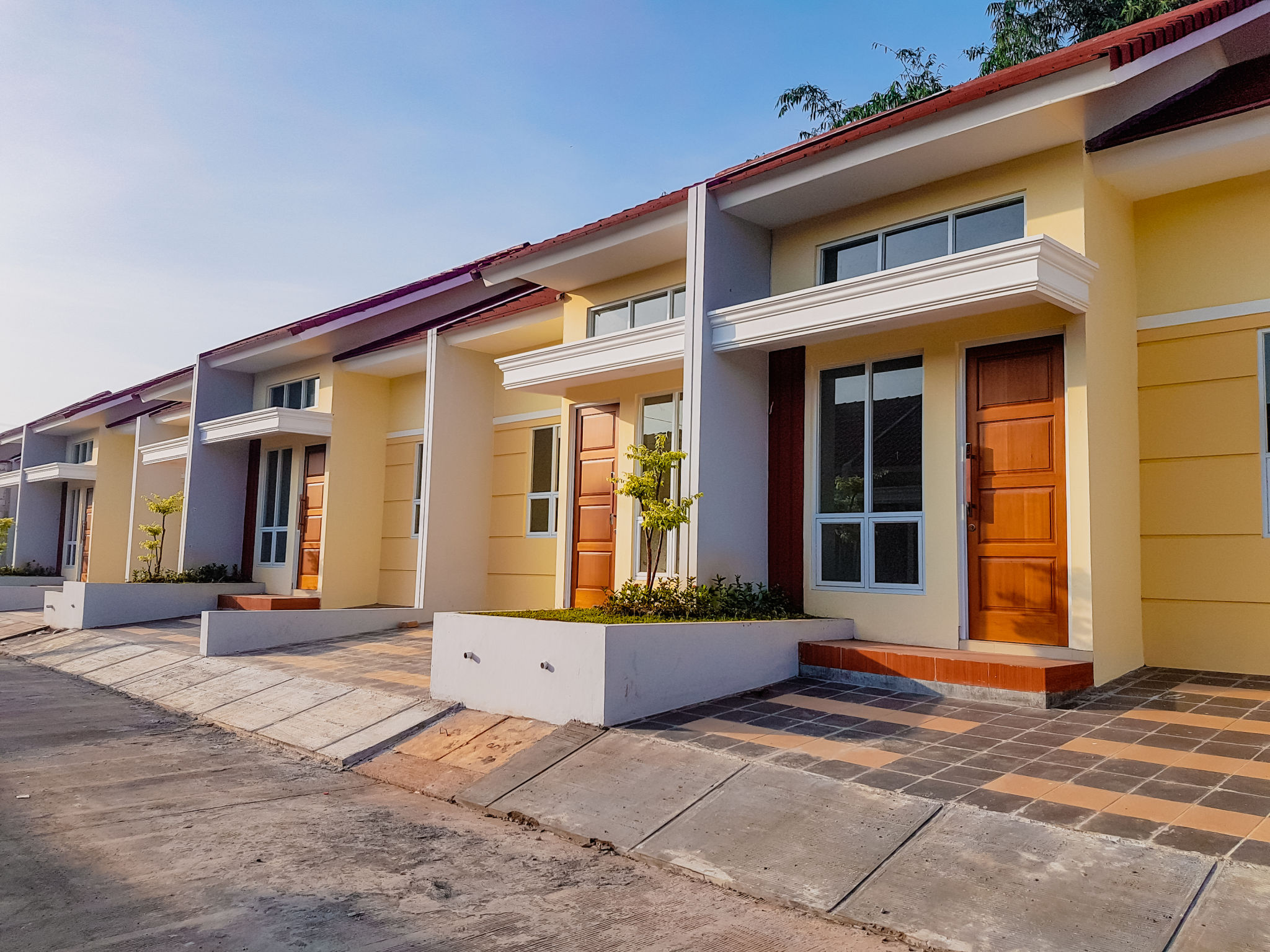How Sustainable Practices are Shaping Real Estate Developments Today
EC
The Rise of Sustainable Real Estate Development
In recent years, sustainable practices have become a cornerstone in the evolution of real estate development. As environmental concerns continue to rise, both developers and consumers are placing a greater emphasis on eco-friendly solutions. This shift is not only transforming how buildings are constructed but also how they function in harmony with the environment.
Real estate developers are increasingly integrating sustainable technologies and materials into their projects. From energy-efficient appliances to green roofs, these innovations are designed to reduce the carbon footprint of new developments. The goal is to create structures that contribute positively to the environment while providing modern amenities.

Innovative Building Materials and Techniques
One of the most significant changes in sustainable real estate development is the use of innovative building materials. Developers are opting for materials that are not only durable but also environmentally friendly. For instance, bamboo, recycled steel, and reclaimed wood are becoming popular choices due to their minimal environmental impact.
Additionally, sustainable building techniques such as prefabrication are reducing waste and improving efficiency. These methods allow for precise construction, minimizing excess materials and energy usage during the building process.

Energy Efficiency and Renewable Resources
Energy efficiency is a crucial aspect of sustainable real estate development. By incorporating systems like solar panels, geothermal heating, and energy-efficient lighting, developers are significantly reducing the energy consumption of buildings. These technologies not only lower utility costs for residents but also lessen the strain on local power grids.
Furthermore, the use of renewable resources is being prioritized in new constructions. Water conservation systems, such as rainwater harvesting and graywater recycling, are becoming standard features in many developments. These systems help reduce water waste and promote sustainable living.

The Economic Benefits of Sustainable Practices
While sustainable development often requires an initial investment, the long-term economic benefits are substantial. Energy-efficient buildings typically have lower operating costs, which can lead to significant savings over time. Additionally, properties with sustainable features often have higher resale values, making them attractive investments.
Moreover, sustainable practices can enhance the marketability of a development. As more consumers become environmentally conscious, there is a growing demand for green buildings. Developers who prioritize sustainability can tap into this market, attracting eco-minded buyers and tenants.

Government Incentives and Regulations
Governments worldwide are encouraging sustainable practices in real estate through various incentives and regulations. Tax credits, grants, and subsidies are available for developers who incorporate eco-friendly technologies into their projects. These financial incentives can make sustainable development more accessible and appealing.
Moreover, stringent regulatory standards are being implemented to ensure that new constructions meet environmental performance criteria. These regulations ensure that developments contribute positively to their surroundings and help combat climate change.

The Future of Sustainable Real Estate
The future of real estate is undeniably green. As technology continues to evolve, we can expect even more innovative solutions to emerge in sustainable development. Smart building technologies, such as automated energy management systems, are set to revolutionize how buildings operate efficiently.
Sustainability in real estate is not just a trend; it is a necessary evolution driven by environmental responsibility and economic viability. As developers continue to embrace these practices, the real estate landscape will become increasingly aligned with the principles of sustainability, paving the way for a greener future.